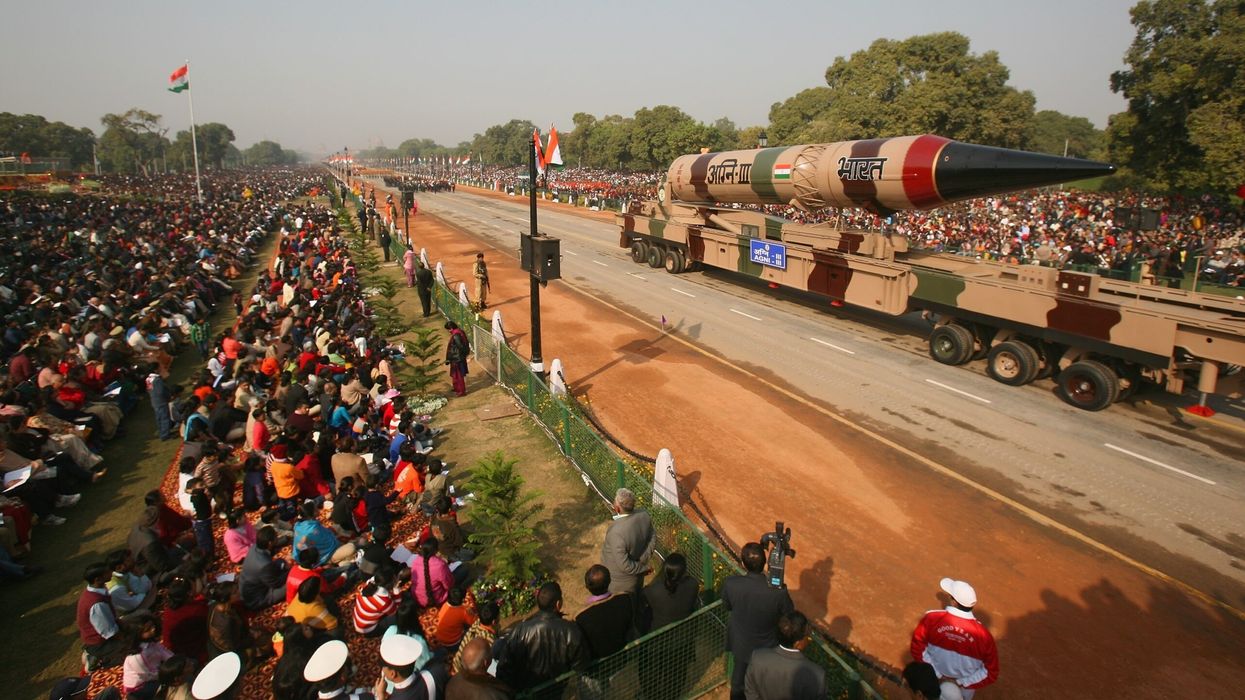India and Pakistan on Monday (1) engaged in their annual practice of exchanging a list of their nuclear installations under a bilateral agreement. This pact, initiated in 1992, prohibits either side from targeting the other's atomic facilities.
The exchange of the list took place under the provisions of an agreement on the prohibition of attack against nuclear installations and facilities, the Ministry of External Affairs (MEA) said.
It was done simultaneously through diplomatic channels in New Delhi and Islamabad.
The exchange of the list came amid frosty ties between the two countries over the Kashmir issue as well as cross-border terrorism.
"India and Pakistan today exchanged, through diplomatic channels simultaneously at New Delhi and Islamabad, the list of nuclear installations and facilities, covered under the Agreement on the prohibition of attack against nuclear installations and facilities between India and Pakistan," the MEA said.
The agreement was signed on December 31, 1988 and came into force on January 27, 1991.
The pact mandates the two countries to inform each other of nuclear installations and facilities to be covered under the agreement on the first of January of every calendar year.
"This is the 33rd consecutive exchange of such lists between the two countries, the first one having taken place on January 1, 1992," the MEA said in a statement.
The ties between India and Pakistan came under severe strain after India's warplanes pounded a Jaish-e-Mohammed terrorist training camp in Balakot in Pakistan in February 2019 in response to the Pulwama terror attack.
The relations further deteriorated after India on August 5, 2019 announced the withdrawal of special powers of Jammu and Kashmir and the bifurcation of the state into two Union territories.
India has been maintaining its diplomatic offensive against Pakistan on the issue of terrorism and remained firm on its position of not having any talks with Islamabad until it stops cross-border terrorism.
(PTI)




